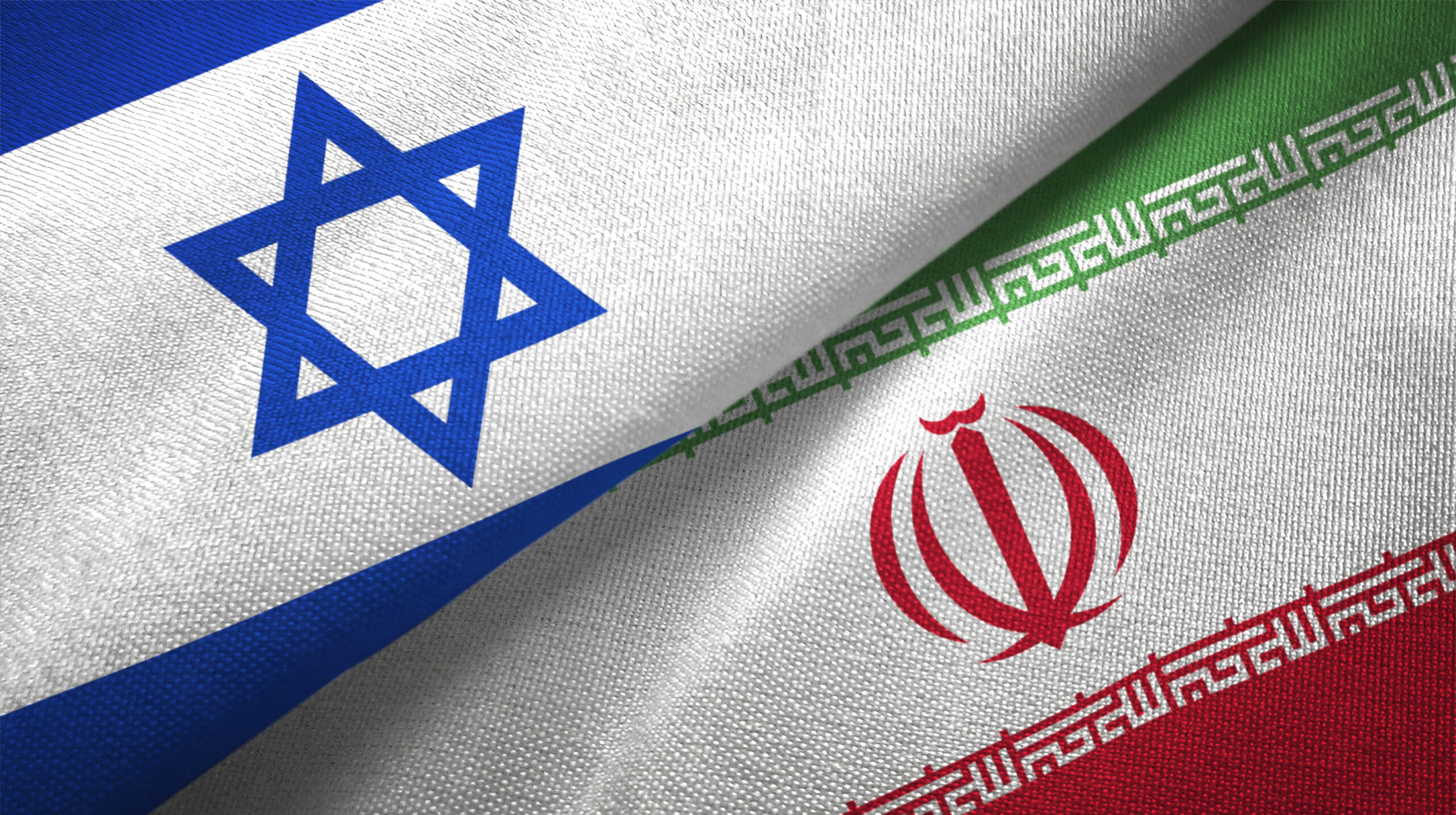Tensions in the Middle East have taken a significant turn following US-led airstrikes on nuclear and military facilities inside Iran over the weekend. According to Reuters, the strikes targeted infrastructure linked to Iran’s nuclear programme, including sites near Isfahan, as well as suspected missile storage and development locations.
The action marks a major escalation in the conflict, with the US now directly involved militarily for the first time in this round of hostilities. Iran has declared that “all options are on the table” in response, raising concerns about further retaliation.
Despite the rhetoric, there has so far been no direct Iranian counterstrike following the US action. Regional powers are urging de-escalation, and diplomatic efforts behind the scenes are intensifying.
Market Reaction
Markets reacted quickly to the news, though volatility has remained relatively contained:
- Oil prices briefly spiked by more than 8% on news of the US airstrikes but settled back to a weekly gain of around 4–5% as fears of immediate disruption eased.
- Gold rose by over 2% as investors sought safe-haven assets, trading near recent record highs.
- The US dollar and Swiss franc strengthened, while emerging market currencies, especially those in the Middle East and Asia, saw modest declines.
- Equity markets saw limited but focused reactions – defence, energy and commodities sectors gained, while transport, travel and consumer discretionary stocks were weaker.
- Bond markets reflected a more cautious mood, with yields on US Treasuries falling slightly, reversing recent upward pressure from inflation expectations.
MPA’s View and What We are Doing
America’s involvement marks a clear shift in the conflict, but our investment partners – who manage the portfolios we recommend and monitor – are not currently making material portfolio changes in response to this event.
However, investment teams are closely tracking the situation and modelling different escalation scenarios, including the potential impact on global energy supply chains and inflation, so this situation may change in the coming days.
Risk factors that are being closely monitored include:
- Strait of Hormuz disruption: This remains the biggest geopolitical wildcard. Any attempt by Iran or its proxies to block or harass shipping through this vital route could send oil prices sharply higher.
- Proxy escalation: Increased activity by groups linked to Iran in Iraq, Lebanon, and Yemen may impact regional infrastructure and trade routes.
- Cyber risk: Both Iran and the US have significant cyber capabilities. Attacks on financial systems or infrastructure would represent a major shift.
Long-Term Focus
As ever, the portfolios we recommend are managed with a long-term, disciplined approach that avoids short-term, reactionary decisions. Our investment partners build portfolios around strategic fundamentals, diversified asset exposure, and robust scenario analysis. Events like this are factored into ongoing risk monitoring and don’t typically warrant wholesale changes unless the situation materially changes.
No immediate action is being taken in light of this event, but the situation will continue to be monitored carefully by our investment managers and oversight committees. Should any action be required, we will communicate this clearly.
If you have any questions about your investments or would like to discuss your financial plan in more detail, please contact your adviser.
